Biology
The science of life” projects; projects dealing with zoology, plant science (botany), anatomy, cytology, genetics, microbiology, and physiology belong to this category.
Chemistry
This category includes both organic and inorganic chemistry. Projects may be focused on various study fields ranging from the structure of atoms to complex organic molecules. Projects offering new efficient ways to produce substances are especially welcomed. Biochemistry projects belong to this category, as well. Chemical formulas and equations should be included.
Mathematical Science
In this category authors may present works and theorems of famous mathematicians with their own applications or proofs. They may also attempt to prove theorems or hypotheses that have not been proved yet.
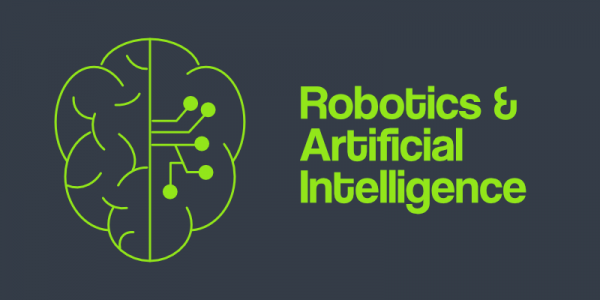
Devices that operate similar to the ways humans think and process information. Systems that provide for increased interaction of people and machines to naturally extend and magnify human expertise, activity, and cognition. Studies that explore the behavior of dynamical systems with inputs and how their behavior is modified by feedback. This includes new theoretical results and the applications of new and established control methods, system modelling, identification and simulation, the analysis and design of control systems (including computer-aided design), and practical implementation. It also includes Machine Learning where construction and/or study of algorithms that can learn from data that is being used.
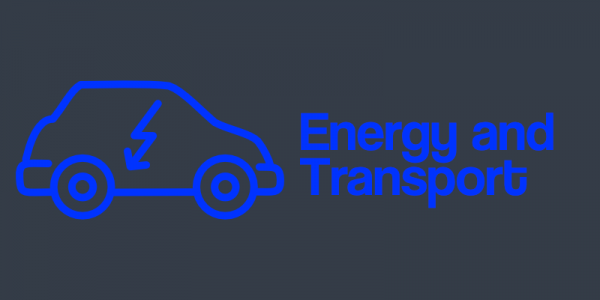
Projects involved in this category should study the efficiency of classical power plants (water, nuclear, coal power plants), the usage of fossil fuels (coal, gas, oil), and other raw materials. In projects dealing with transport authors may focus on the efficiency of common transportation means, the frequency of their usage, the cause of traffic jams in particular regions etc. Authors should also attempt to focus on alternative energy sources and transportation means.
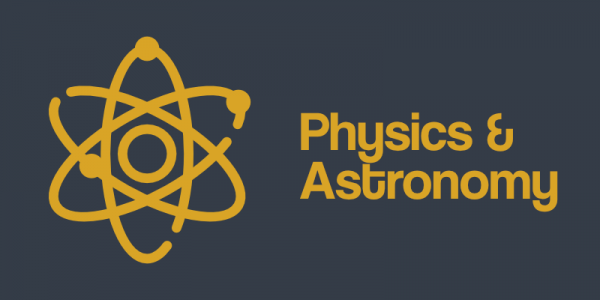
Projects should include physical solutions to various problems, especially those that have not been solved yet. They may also support their solution with programs and simulations. In astronomy authors may present their observations of various celestial bodies (binary stars, asteroids, occultation, variable stars etc.) and they ought to use obtained data in order to draw results.
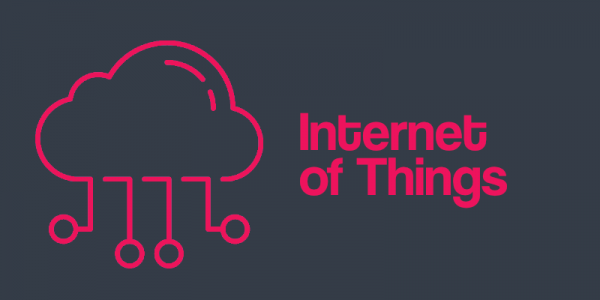
The Internet of things (IoT) is a system of interrelated computing devices, mechanical and digital machines, objects, animals or people that are provided with unique identifiers (UIDs) and the ability to transfer data over a network without requiring human-to-human or human-to-computer interaction.
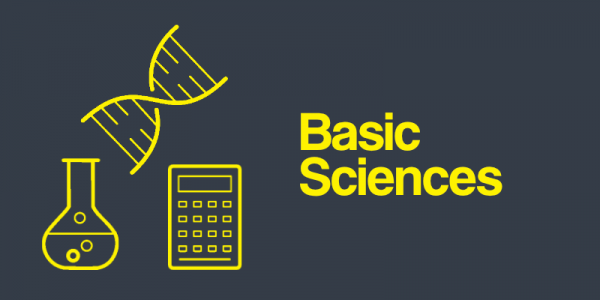
In this category authors may propose new (mainly more efficient) ways of producing various substances and materials. In the biotechnological part, for instance, they should devise and develop new, innovative substances or ways that may speed up the growth of some crops or kill pests.
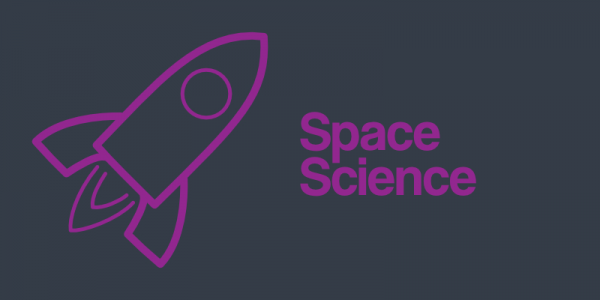
This category includes the relationship of everything outside the “domain of the planet Earth” that falls within the scope of space and its sciences. This category includes planetary sciences, other planetary biology, space leadership, space travel, space conquest and defense of space.

